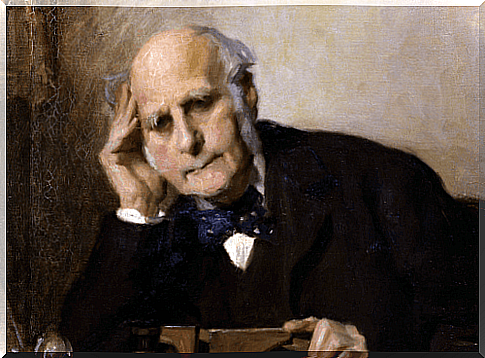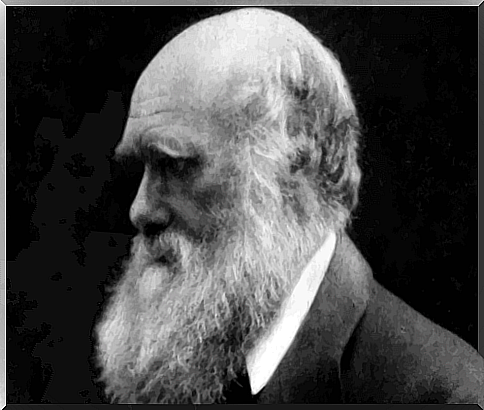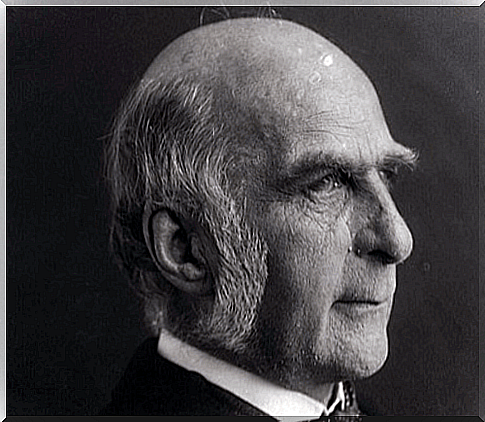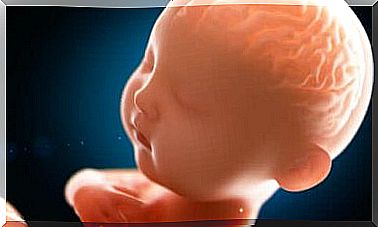Francis Galton, Biography Of A Great Scholar

Anthropologist, explorer, geographer, inventor, meteorologist, statistician, psychologist and student of eugenics. Cousin of Charles Darwin and grandson of Erasmus Darwin, Francis Galton was one of the brightest minds of the 19th century.
Galton belonged to the British upper class. He was a professional scientist difficult to classify in a specific discipline. He was the creator of the English biometric school. His contributions in various fields such as meteorology or psychology, among others, were truly extraordinary.
He spent most of his life traveling, like many other scholars of the time, devoting himself entirely to scientific research. After devoting himself for some time to meteorology, he developed a growing interest in anthropology, inspired by the work The Origin of Species by his cousin Charles Darwin.
He later became a defender and theorist of eugenics, a discipline that advocated the application of biological laws to perfect the human species. In the field of psychology, his theories of individual differences were central to later studies. It is no coincidence that Galton is considered a precursor to the knowledge of the genetic basis of cognitive abilities.
He was the first to scientifically investigate the genetic and environmental causes of individual differences in humans, a study that we can appreciate in his book Hereditary Genius, published in 1892, in which the concept of regression appears for the first time.

The early years
Francis Galton was born in Duddeston, England, in 1822. He immediately showed that he was a child prodigy: at the age of five he already knew mathematics, Greek and Latin.
He attended school until he was sixteen, when he decided to drop out due to the obviousness of the curriculum. His family wanted him to study medicine, a science that would get him into King’s College London. He also studied mathematics at Trinity College and Cambridge University. Years later, Dalton would make a famous allusion to the relationship between genius and madness based on his own experience.
In 1844, he began to travel. This long experience will take him to Istanbul and Eastern Europe. He went to Egypt, Sudan, Beirut, Damascus and Jordan. Later he embarked on a long expedition to Namibia and spends some time in Spain. As a result of these travels, he published two books: Tropical South Africa (1853) and The Art of Travel in 1855.
Adulthood
Galton married in 1853, a relationship that will last 43 years without children. From 1860 he devoted himself entirely to scientific research. His love for mathematics led him to develop interesting theories in various fields of knowledge.
He created the first weather maps published by the Times newspaper and coined the term “anticyclone”. His research on the human mind collects detailed descriptions of subjective concepts and the way the mind treats mental images. A pioneer in this field, he used the methods of the survey and the questionnaire, contributing enormously also in the field of statistics.
In the field of anthropology, his theory of heredity and demographic statistics stand out, topics on which books such as Hereditary Genius , of 1869, and Natural inheritance , of 1889 are based.
His theories of genetic inheritance were of great importance in his day, even if they were eventually superseded by those of Mendel and Weismann. Finally, his works on fingerprints and eugenics in the field of anthropology also stand out.
Differential psychology according to Francis Galton
Francis Galton’s studies of human abilities led him to theorize differential psychology and to formulate the first mental tests through the development of psychometrics.
He had a strong interest in measuring all possible facets of human personality, which in those days seemed to have no end. Among these, cognitive ability and intelligence.

Francis Galton and eugenics
Galton was the first author to question the relationship between heredity and the environment, a debate that has continued to this day and is considered a matter of fundamental importance among scholars.
In 1883 he coined the term “eugenics” to refer to artificial selection aimed at improving the human race. In his book Inquiries into Human Faculty and its development , 1883, he concludes that it is possible to determine a pattern of “grades” for family merit.
It also proposes to encourage early marriage between upper-class families through financial aid. He was convinced that marriages between people not belonging to the same social class were the cause of the low birth rate.
These and other postulates served as the basis for racial superiority theories, such as that proclaimed by Nazism. Unfortunately, eugenics led to the pure race theory and the castration of people with disabilities, the mentally ill and the destitute.
England, the United States and even some Latin American countries adopted eugenics programs which were later banned because they were associated with Nazism.









